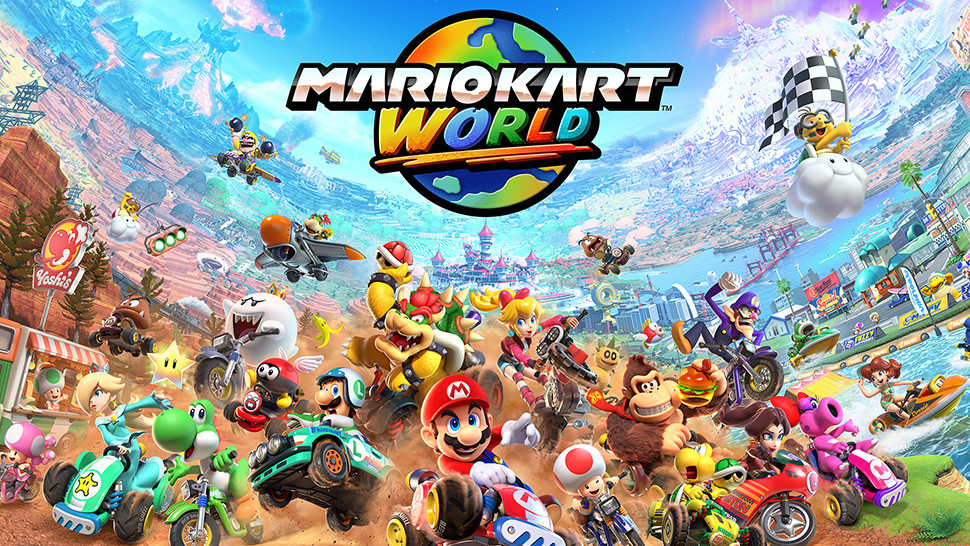Soul Sacrifice Review
 By Kevin Mitchell | Jun 12, 2013
By Kevin Mitchell | Jun 12, 2013
Soul Sacrifice released during an important and pivotal time during the PlayStation Vita's life cycle. Having the same stigma as the PlayStation 3 did when it was originally released, Vita owners have been clamoring for a must-have killer title. Soul Sacrifice provides hours of entertainment, but ultimately suffers from some glaring gameplay flaws that will keep gamers looking for that elusive must-have title. I'll get it out of the way; Soul Sacrifice is not Monster Hunter. The similarities between the two are undeniable and the streamlined, fast-paced action provides an overall better portable experience, but the lack of exploration and actual "hunting" may be a turn off for those looking for a Monster Hunter experience.
Trapped in a cage by a powerful and mysterious sorcerer, life seems pretty bleak at the onset of the game. Your bleak existence allows you to do two things; crawl around in circles and attempt to squash oversized bugs that scamper around you. When a talking book – who goes by the name Librom – gets your attention in a nearby pile of rubble, he offers you a chance (your only chance) at saving your miserable life from being the next sacrifice. By reading through the pages within, you not only relive the life of the previous owner, but gain the knowledge and skills needed to defeat Magusar and earn your freedom. Utilizing six different spells during a mission, the goals of each are fairly simplistic in nature; usually involving killing a bunch of smaller creatures or a large and powerful Archfiend.
At the start of your ordeal, you may find yourself relying on only a couple different spells. In fact, through most of Chapter 1, I solely used an ice sword for close melee attacks, and a rock shield to provide added defense since blocking doesn't exist. With only one spell allowed to be active at a time, the game may feel "mashy" at times, generally focusing on a single button at a time. Not realizing the importance of ranged spells, I met my first real challenge early on in the game, when I was pitted against flying demons. What should have been a quick five-minute mission, turned into a grueling forty-five minutes of trying to swipe them out of the air with my bare fists, as my ice sword spell ran out long before that.
Every time a creature is slaughtered, a soul emerges giving you two choices; save or sacrifice. Depending on your decision, you will either increase your magic power or increase your defense and health. Sacrificing enemies also replenishes your spells, while saving souls will provide a small amount of health. If an ally has fallen in battle, saving them brings them back into the fight at the cost of half your health, but sacrificing them ensures they go out in a blaze of glory.
On the downside, the AI can be easily exploited by keeping your distance and spamming ranged spells until nothing is left. If you run low on spells, sacrificing the souls of the creatures that have already been killed easily allows you to not worry about running out of spells. The environments don't provide much interaction besides a couple spots that allow you to gain a small amount of health or replenish your spells.
As with Monster Hunter and other games with similar gameplay, missions will often repeat, having you face the same creatures throughout the game. Prior to release, I was greatly looking forward to the online multiplayer, getting the chance to hook up with three other sorcerers and sacrifice the souls of every poor creature that dared to cross our paths. As it stands you aren't able to progress through the main narrative with others, but you are able to team up for the side missions that you would otherwise have to play though with AI companions. Friendly fire doesn't exist, but striking an ally can interrupt spells or knock them down leaving them open to attack. The frustration and confusion can add up with all players casting various "area of effect" spells, turning the flat, small battlefields into war zones.
Finishing all of the missions in the narrative should take around 10 hours, not counting the additional side missions that provide a considerable amount of extra content to the game with unique spells and upgrades that you won't find playing through the narrative. Rewards are given out at the end of each mission in the form of new spells based upon your performance during the mission.
Simply Put
With a game that focuses on making difficult moral choices, it didn't feel as compelling as I thought it would be. If you aren't happy with a choice of either saving or sacrificing after a mission has ended, it's quite easy to go replay the mission and change the outcome. Soul Sacrifice doesn't quite hit the mark as being the must-have game for the Vita. It's still a fun, enjoyable title allowing you to customize your own sorcerer from head to toe, along with your own set of spells.
Note: Soul Sacrifice was reviewed on PlayStation Vita. A physical copy of the game was provided by the publisher/developer.




